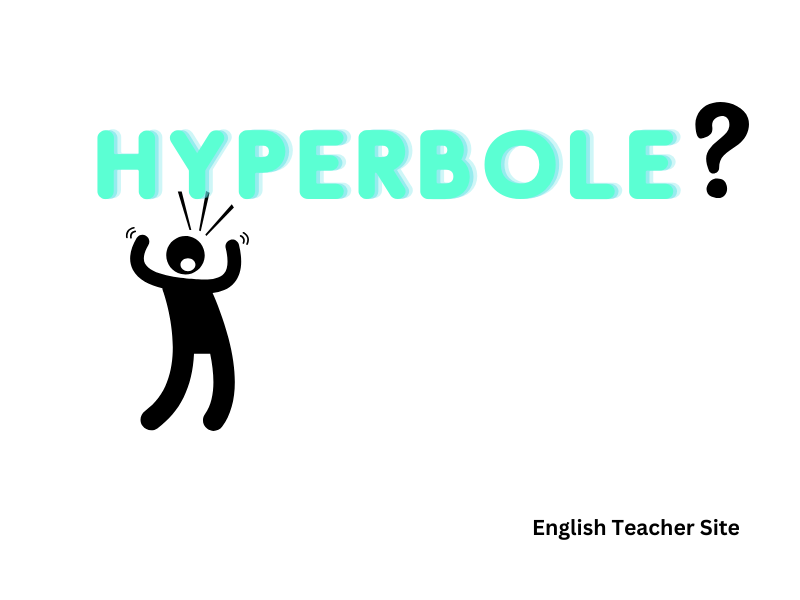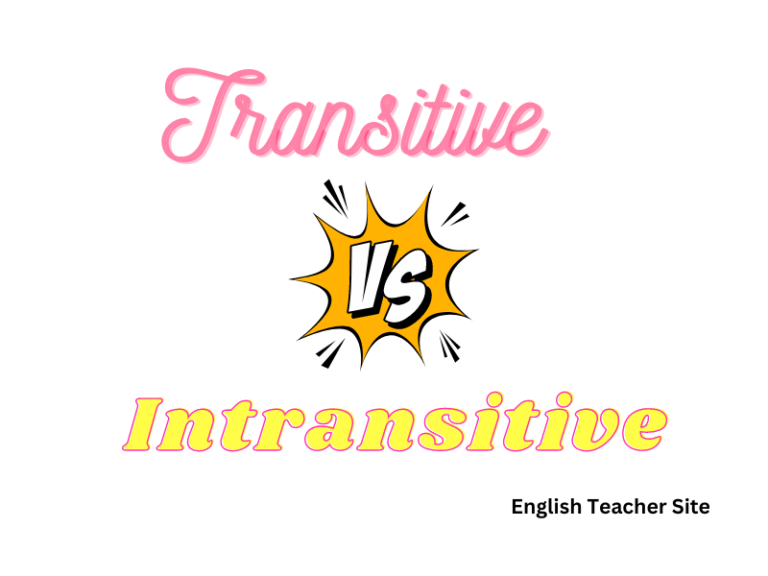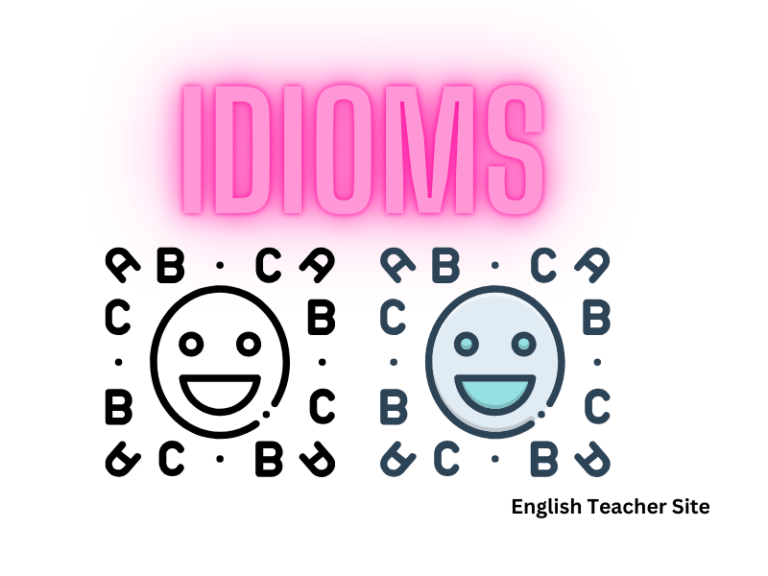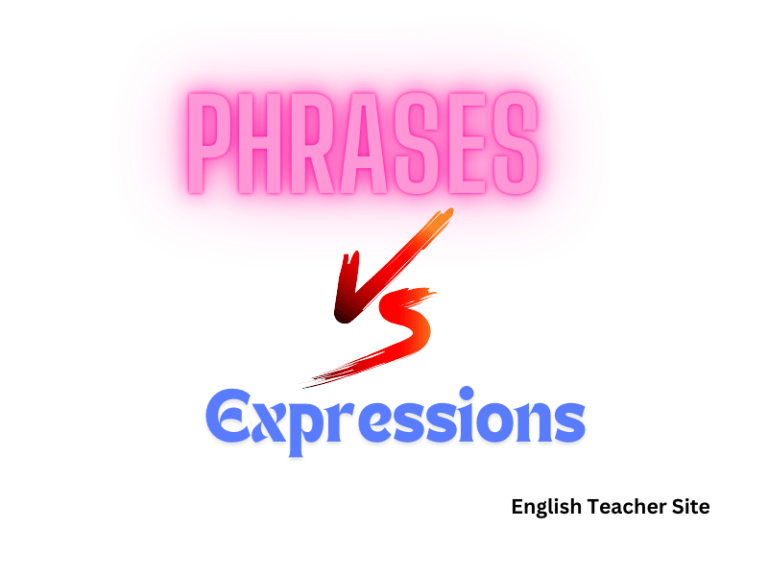What’s a Hyperbole Definition: Understanding Literary Exaggeration

- Hyperbole intentionally exaggerates for emphasis or effect.
- It is a pervasive tool in literature and everyday language.
- Hyperboles enhance communication by adding emotional intensity.
Employing hyperbole can serve an essential function in language and rhetoric, bringing color and emphasis to the way ideas are expressed. By enhancing statements through overstatement, hyperbole adds a vibrant layer to language that is often used to convey humor, irony, or earnestness. Whether in everyday conversation, literature, advertising, or public speaking, hyperboles are a fundamental part of how people communicate emotions and thoughts powerfully and effectively.
What’s a Hyperbole: Definition
A hyperbole is a rhetorical device used to express emphasis through deliberate and noticeable exaggeration. It is not meant to be taken literally but to convey strong feelings or create a strong impression.
Understanding the concept and definition of hyperbole
Hyperbole, a noun derived from the Greek words ‘hyper’ meaning “over” and ‘bolē’ meaning “throw,” is a figure of speech that amplifies an idea to exaggerated levels. This literary device is prevalent in both literature and everyday writing. It involves stating something in a way that is significantly hyperbolic, or beyond the realm of reality, with the purpose of creating emphasis or drawing attention to a particular point.
Unlike litotes, which involves understatement to emphasize a point, hyperbole intentionally exaggerates certain elements for dramatic effect. Its use can be traced back through history, with examples found in ancient Greek and Latin texts. Hyperbole can take many forms; it might resemble a simile, such as “as fast as a cheetah,” or a metaphor, like “a mountain of paperwork.”
Its use in writing can create humor, evoke emotion, or provide a memorable description. Authors often use hyperbole in conjunction with other figures of speech to enrich their narrative or argument. Despite its exaggerated nature, hyperbole is a powerful tool because it allows the audience to visualize an idea’s intensity without misconstruing it as a factual statement.
Meaning of the Word “Hyperbole”
In literature and everyday language, “hyperbole” is a rhetorical flourish characterized by its bold stretch of the truth.
Exploring the specific meaning and usage of the word “hyperbole.”
Hyperbole is a figure of speech that involves an exaggeration of ideas for the sake of emphasis. It is not intended to be taken literally, as it is often employed to express emotional intensity or produce a strong impression. The effectiveness of a hyperbole lies in its ability to evoke vivid images or feelings, thereby making communication more powerful and memorable.
For example, when someone claims to be “starving,” they are not suggesting they are literally in need of immediate sustenance to avoid famine, but rather that they are very hungry. This kind of extravagant exaggeration is central to the word’s use and meaning.
Examples of Hyperboles
Hyperbole is a rhetorical device used for emphasis or effect. It involves making an exaggerated statement to highlight a particular point rather than to be taken literally.
Illustrating Exaggeration
Hyperboles are frequently used in everyday language, literature, and speeches as a means to create a strong impression. A common example is the phrase, “I’m so hungry, I could eat a horse.” Clearly, the person isn’t going to consume an entire horse; rather, they’re expressing a significant level of hunger. Another example is the statement, “This bag weighs a ton,” which is normally used to indicate that the bag is very heavy, not that it actually weighs two thousand pounds.
In literature, characters might be described through hyperbolic phrases to paint a vivid picture in the reader’s mind. An author could write, “Her smile was a mile wide,” to describe a character’s joy, which suggests an extremely large smile, although not an actual mile-wide grin.
Political speeches often employ hyperbole to emphasize certain attributes or the significance of an issue. A politician might say, “Our volunteers were a tidal wave of support,” using the heightened comparison to a natural disaster to describe the overwhelming and powerful help they received.
Why We Use Hyperboles?
Hyperboles are utilized to create emphasis and convey strong emotions. They function as a tool to capture attention and express ideas in a memorable way.
Exploring Exaggerative Language
Exaggerative language, such as hyperbole, serves to magnify a point beyond its literal bounds, making the description more forceful and impactful. For example, saying, “I’ve told you a million times,” uses hyperbole to stress the frequency of the occurrence, despite it not being a literal fact.
It can be especially useful in engaging audiences, as exaggeration draws attention and can provoke strong emotional responses. When someone employs a hyperbole, they are often trying to leave a significant impression or underscore the importance of a statement. Notably, this can be seen in literature, speeches, and everyday conversation, indicating its pervasive role in communication.
Source
My name is Khamis Maiouf. I am the creator of the English Teacher Site, dedicated to providing valuable resources and insights for students around the world. With a passion for education and a commitment to helping students enhance their skills, I aim to make English teaching more effective and enjoyable for both educators and students.






